No products in the cart.
Akpi
9.99 $
Other names: Njagsa, Akpi, munguella, bofeko, Wama, Okhuen, Njas
Ingredients: 100% akpi
Size: 227g
Brand: Afritibi
Country of origin: Cameroon
Discover the Richness of Akpi Seeds: A Culinary Treasure from Africa
Akpi seeds, also known as Djansang, are a revered culinary ingredient native to the rainforests of West Africa. These small, brown seeds are not only prized for their unique nutty flavor but also for their remarkable health benefits and versatility in cooking. At our store, we are proud to offer authentic Akpi seeds, sourced directly from the lush landscapes of Africa, to bring a touch of exotic flavor to your kitchen.
Culinary Uses:
Akpi seeds are a staple in African cuisine, known for their ability to enhance the flavors of stews, soups, and sauces. When ground into a paste, they serve as a thickening agent, adding a rich, creamy texture to dishes. Akpi is particularly famous for its role in preparing “Ndolé,” a traditional Cameroonian dish that combines bitter leaves with meat or fish, delivering a culinary experience like no other.
Health Benefits:
Beyond their culinary appeal, Akpi seeds are packed with nutritional benefits. They are a good source of fats, proteins, and vitamins, contributing to a balanced diet. Akpi seeds have been traditionally used to support joint health, improve skin condition, and even aid in weight management. Their rich content of antioxidants and anti-inflammatory properties makes them a valuable addition to a health-conscious diet.
How to Use Akpi Seeds:
To incorporate Akpi seeds into your cooking, start by roasting them lightly to intensify their flavor. Once roasted, they can be ground into a powder or paste and added to your favorite recipes. Whether you’re looking to thicken a sauce, enrich the flavor profile of your dishes, or explore new culinary horizons, Akpi seeds offer endless possibilities.
Why Choose Our Akpi Seeds:
Our Akpi seeds are carefully selected to ensure the highest quality. Sourced directly from sustainable farms in West Africa, we ensure that every seed brings the authentic taste and health benefits of African cuisine to your table. Perfect for chefs, home cooks, and culinary enthusiasts alike, our Akpi seeds are a must-have ingredient for anyone looking to explore the rich flavors of African cooking.
Experience the unique taste and health benefits of Akpi seeds. Shop now and embark on a culinary journey that celebrates the rich heritage and flavors of Africa.
| Weight | 0.85 lbs |
|---|---|
| Dimensions | 9 × 5 × 2 in |
Be the first to review “Akpi” Cancel reply
Related products
-
Spicy pepper sauce
12.99 $ -
Kaun Potash
2.49 $ -
Yellow soup spice
5.99 $4.99 $ -
Harissa of cap bon
3.99 $
Close


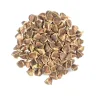
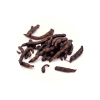
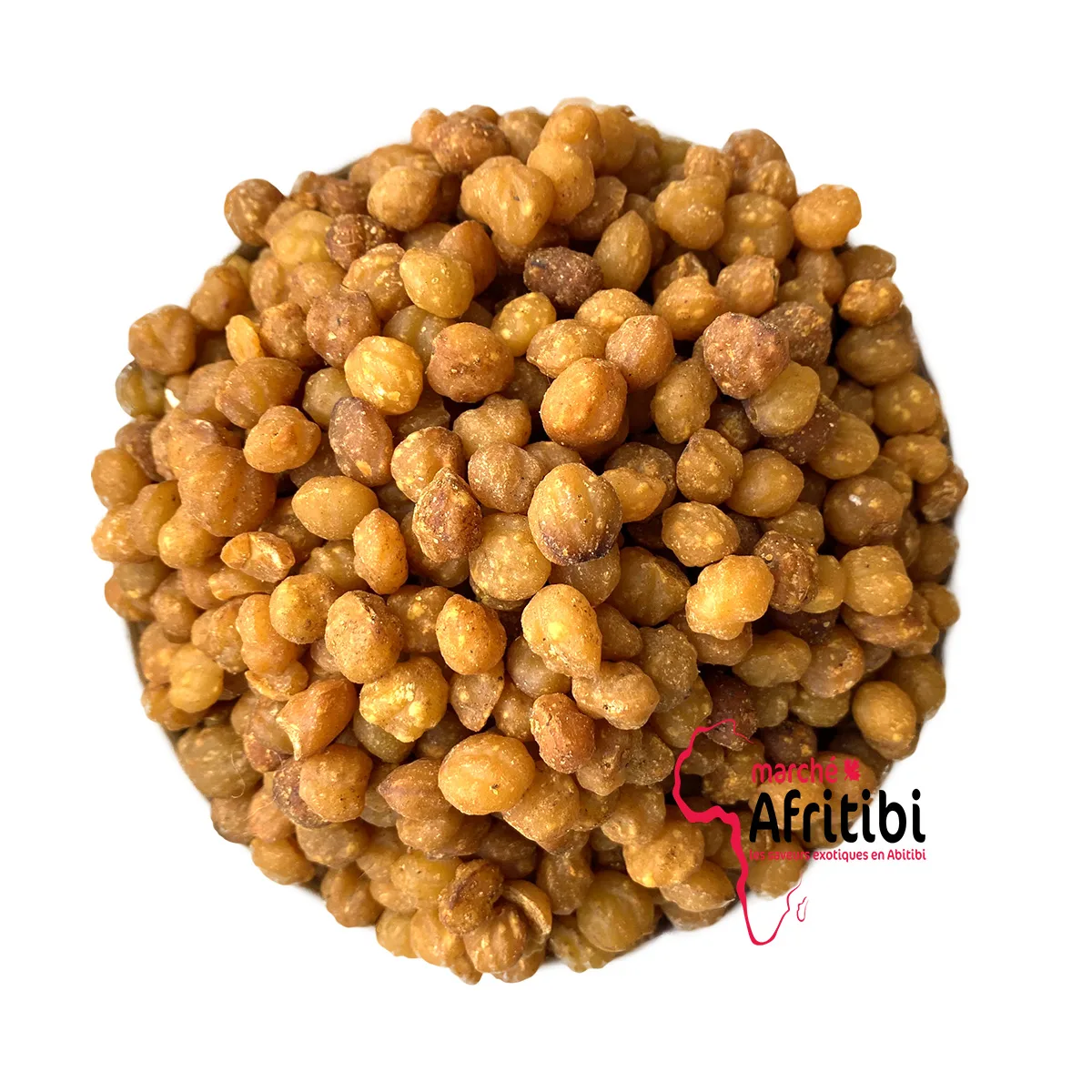
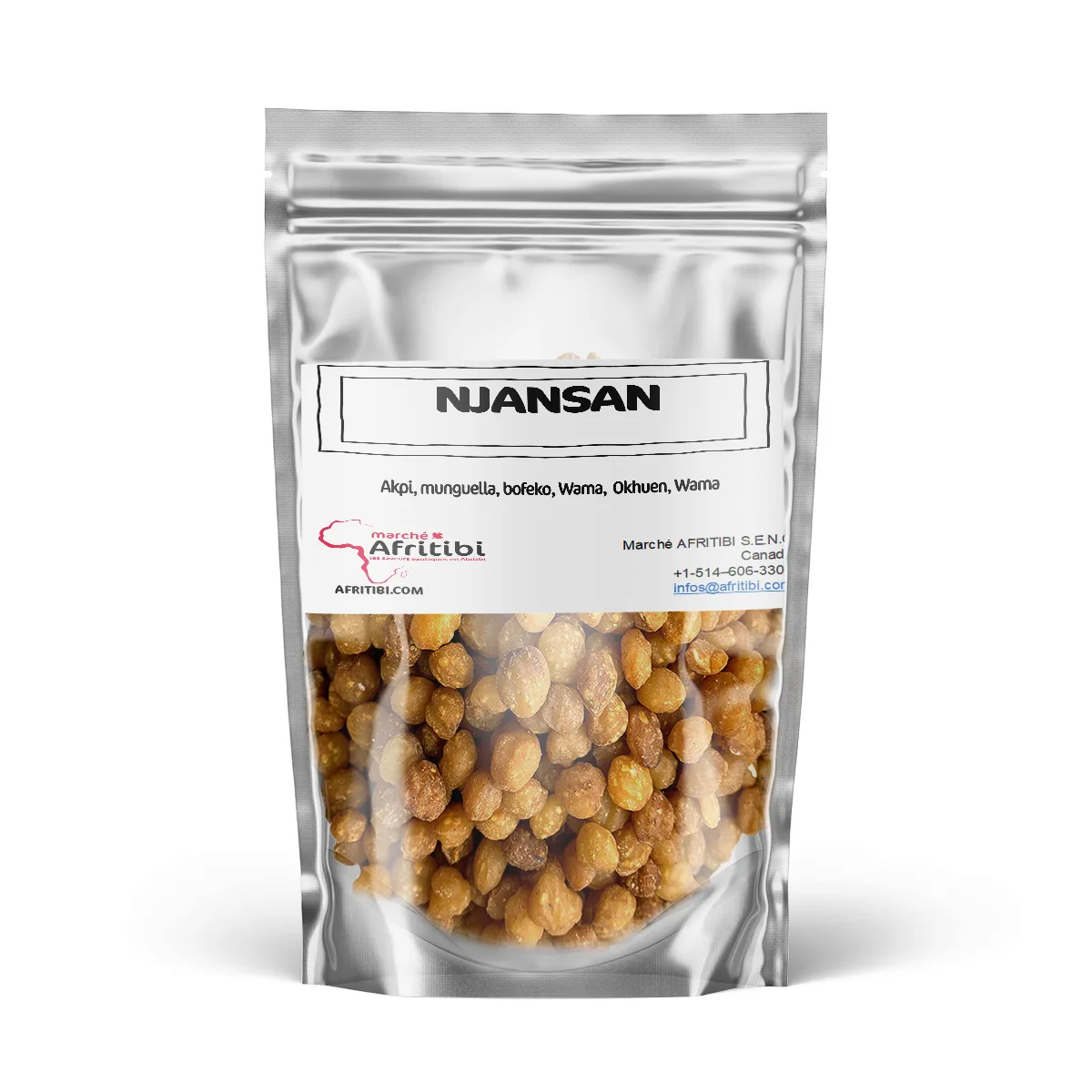
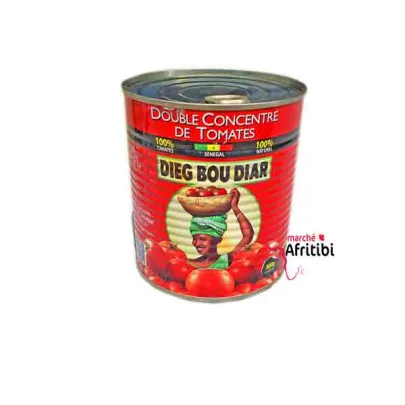


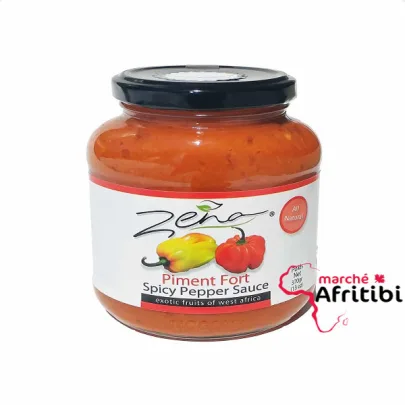
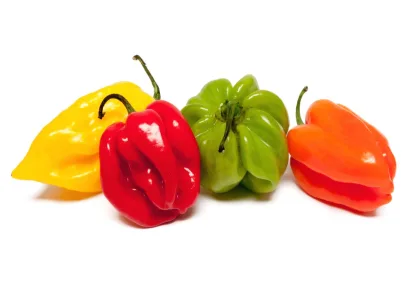
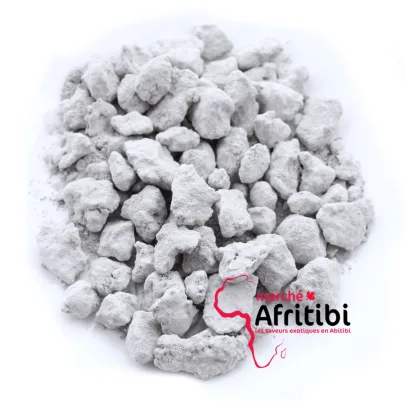
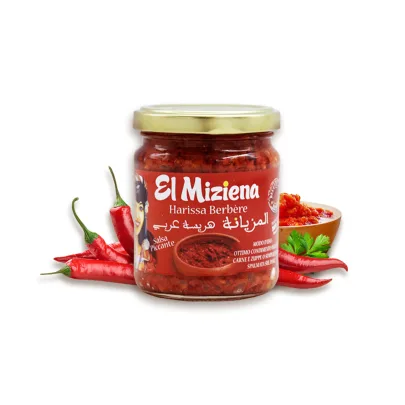
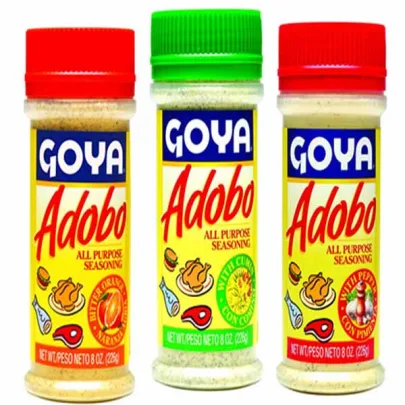
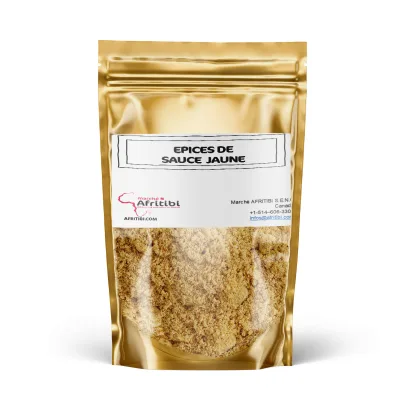
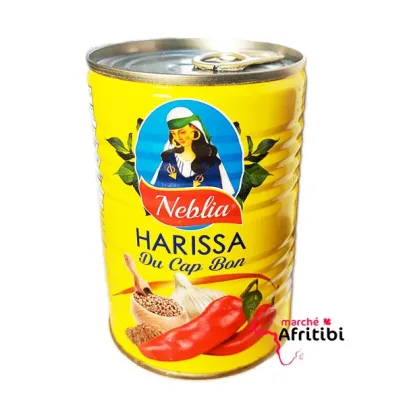
Reviews
There are no reviews yet.